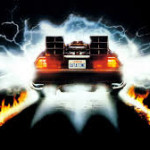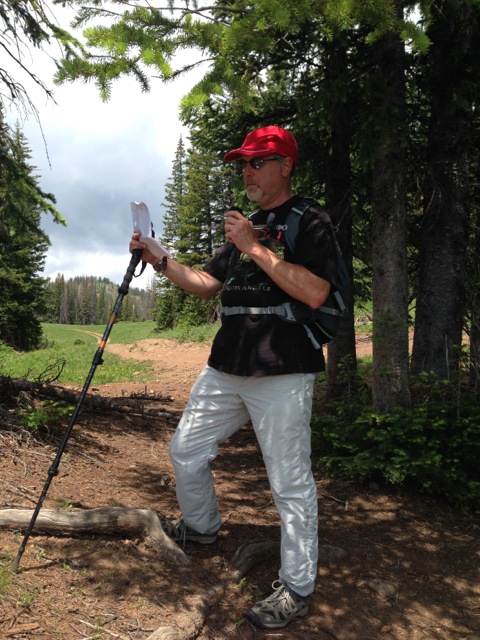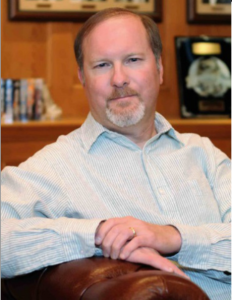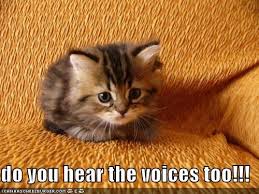 Last month we explored the many reasons we love being writers and some of the things that help keep us motivated. Now that we’re filled with optimism and eager to get back to work, hopefully we can find ways to work smarter. The reality of writing every day can be tough, but we’re ready to face the truth.
Last month we explored the many reasons we love being writers and some of the things that help keep us motivated. Now that we’re filled with optimism and eager to get back to work, hopefully we can find ways to work smarter. The reality of writing every day can be tough, but we’re ready to face the truth.
Truth Number 1: Becoming a professional author takes a long time.
Writing is a process, an evolution of skill and craft and voice and a hundred other components all merging together to become something brilliant. It’s one of the few jobs that usually requires years of investment with no real promise of a profitable return to show at the end. Most people who follow the Muse and begin writing a novel never even finish. Those of use who do then learn that the writing of the novel was just the beginning. Still we slog ahead, motivated by those moments of excellence that remind us why we love what we do, and encouraged by the second universal truth of writing.
Truth Number 2: Determination and consistency matter more than simple brilliance.
Every established author repeats the same mantra: keep writing. Those authors who keep trying, keep learning, keep producing will eventually find some measure of success. This is a truth that is easy to lose sight of when we get discouraged by yet another rejection or by those debilitating second thoughts and self doubt. Just keep going and we’ll get there.
Of course some of us take longer than others. Writing is a learning curve, but some writers seem to enjoy a gentler slope. The rest of us make mistakes that delay our progress or we just take a while to learn important foundational principles. Could we have shortened our up-front investment time by learning things sooner, by seeing clearer?
Probably.
So this month we are going to share advice we wished we had received earlier in the process. Imagine finding a way to go back in time to visit yourself as a brand new writer, just starting out. Imagine we handle that time paradox well. Assume that we don’t just decide to focus our energies on making a quick fortune investing in all the things our older selves could predict would be winners. In fact, we focus the brief message only on writing.
a way to go back in time to visit yourself as a brand new writer, just starting out. Imagine we handle that time paradox well. Assume that we don’t just decide to focus our energies on making a quick fortune investing in all the things our older selves could predict would be winners. In fact, we focus the brief message only on writing.
What would we say?
What advice or encouragement would we give ourselves? What could we do to help ourselves find a better way to success, a greater mastery of craft? Would we even try?
This month, we’ll find out.

 I write and publish four or more novels a year, and my creative office doesn’t have either a computer or a desk. It also doesn’t have the distraction of a constantly ringing phone, an endless succession of emails that need to be responded to (or marked as spam), doorbells to be answered with the latest UPS package of cat food from amazon prime (and the related distraction of cats who want me to feed them that food), or employees or family members who lie by assuring me “this will only take a minute.”
I write and publish four or more novels a year, and my creative office doesn’t have either a computer or a desk. It also doesn’t have the distraction of a constantly ringing phone, an endless succession of emails that need to be responded to (or marked as spam), doorbells to be answered with the latest UPS package of cat food from amazon prime (and the related distraction of cats who want me to feed them that food), or employees or family members who lie by assuring me “this will only take a minute.” I have so programmed myself to write this way that now I find it very frustrating to sit my butt in a chair and stare at a screen for hours on end. When I’m walking, I am inspired by the landscapes in my beautiful Colorado. It may not be a genuine alien world, but I can imagine that—and all without the constant real-world distractions that harass a writer cooped up in a home office.
I have so programmed myself to write this way that now I find it very frustrating to sit my butt in a chair and stare at a screen for hours on end. When I’m walking, I am inspired by the landscapes in my beautiful Colorado. It may not be a genuine alien world, but I can imagine that—and all without the constant real-world distractions that harass a writer cooped up in a home office. The scenery itself is often inspirational, and when possible I try to be in a place that reminds me of what I’m writing. I’ve spent a lot of time in the Great Sand Dunes National Park in Colorado or Death Valley in California as I write my Dune novels with Brian Herbert; I’ve been in a snowstorm in the Sierra Nevada mountains while writing about Han Solo and Princess Leia on the polar icecap of a planet, and I spent time hiking around the Anasazi cliff ruins of Mesa Verde while writing about derelict alien cliff ruins in my Saga of Seven Suns.
The scenery itself is often inspirational, and when possible I try to be in a place that reminds me of what I’m writing. I’ve spent a lot of time in the Great Sand Dunes National Park in Colorado or Death Valley in California as I write my Dune novels with Brian Herbert; I’ve been in a snowstorm in the Sierra Nevada mountains while writing about Han Solo and Princess Leia on the polar icecap of a planet, and I spent time hiking around the Anasazi cliff ruins of Mesa Verde while writing about derelict alien cliff ruins in my Saga of Seven Suns. But sometimes I extend the getaway into a camping trip, so that I can really move my working office onto a picnic table out in a beautiful National Forest site. That’s where I’m writing this, sitting at a table under a lodgepole pine tree at a perfect campsite next to a river 85 miles up the Cache la Poudre canyon in northern Colorado. An extra battery for the laptop, and no internet connection, a growler of my favorite microbrew beer: It’s the perfect office, alone in the forest (except for a moose visitor who just walked through the campground), away from it all where I can concentrate on being in the worlds inside my head. It’s like taking a vacation in an exotic place with my imaginary friends.
But sometimes I extend the getaway into a camping trip, so that I can really move my working office onto a picnic table out in a beautiful National Forest site. That’s where I’m writing this, sitting at a table under a lodgepole pine tree at a perfect campsite next to a river 85 miles up the Cache la Poudre canyon in northern Colorado. An extra battery for the laptop, and no internet connection, a growler of my favorite microbrew beer: It’s the perfect office, alone in the forest (except for a moose visitor who just walked through the campground), away from it all where I can concentrate on being in the worlds inside my head. It’s like taking a vacation in an exotic place with my imaginary friends.




